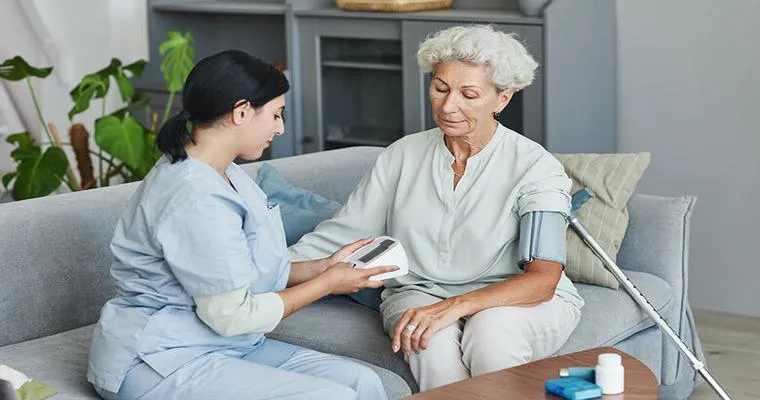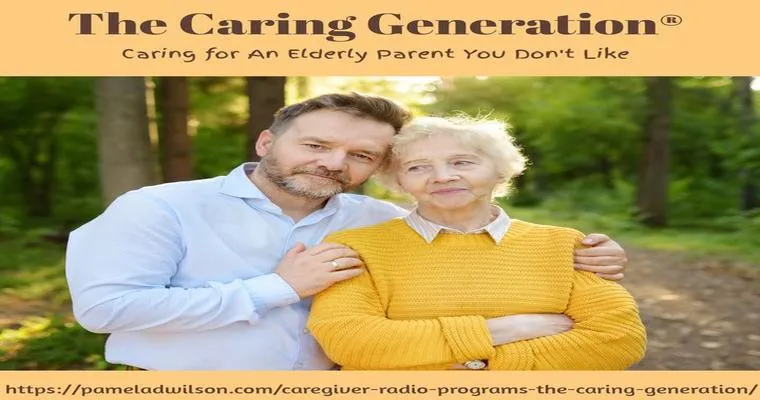Being a "caregiver" for someone in need is a noble and rewarding experience, especially when that person has no family to support them. In some cases, situations arise where "Adult Protective Services (APS)" may become involved due to concerns about the individual’s well-being. If you find yourself in a position where you want to take on a more formal role in the care of someone you know personally, you might be wondering, "Can I become her "custodial"?" This article explores the process, requirements, and considerations involved in becoming a custodial caregiver.
Understanding the Role of a Custodial Caregiver
A custodial caregiver provides essential support and care to individuals who may be unable to care for themselves due to age, illness, or disability. This role can involve assistance with daily activities, medical care, and emotional support. When there is no family involved, as in the case of the woman you care for, it is crucial to ensure her needs are met in a safe and supportive environment.
The Involvement of Adult Protective Services
When APS gets involved, it typically indicates that there are concerns about the individual's safety or well-being. These concerns may arise from neglect, abuse, or an inability to provide adequate care. APS will conduct an investigation to assess the situation and determine the best course of action. This may include recommending a "guardianship" or custodial arrangement if they find that the individual requires more formal oversight.
Steps to Become a Custodial Caregiver
If you are considering becoming a custodial caregiver for the woman you have been caring for, there are several steps you need to follow:
1. "Assess Your Qualifications": Ensure that you have the necessary skills and experience to provide care. This may include knowledge of medical needs, emotional support, and daily living activities.
2. "Consult with APS": If APS is involved, communicate with them about your intentions. They may have specific guidelines or requirements for individuals seeking to become custodial caregivers.
3. "Obtain Legal Guardianship": If APS supports your request, you will likely need to file for legal guardianship through the court system. This process involves submitting documentation and possibly attending a court hearing where a judge will evaluate your suitability as a guardian.
4. "Complete Background Checks": As part of the guardianship process, you may need to undergo background checks to ensure that you can provide a safe environment for the individual.
5. "Develop a Care Plan": Once approved, work with healthcare professionals to create a "care plan" tailored to the woman’s specific needs. This plan should outline daily care routines, medical appointments, and any other pertinent information.
Considerations Before Taking on Custodial Responsibilities
Before committing to becoming a custodial caregiver, it is essential to consider the following:
"Time Commitment": Assess whether you can dedicate the necessary time and energy to provide adequate care.
"Emotional Impact": Caregiving can be emotionally taxing. Ensure you have a support system in place for yourself.
"Financial Implications": Understand the financial responsibilities that may come with caregiving, including potential costs for medical care or housing.
"Legal Responsibilities": Being a custodial caregiver comes with legal obligations to act in the best interest of the individual under your care.
Conclusion
Becoming a custodial caregiver for someone you know personally can be a fulfilling but complex responsibility. If you are considering this path, it is vital to work closely with "Adult Protective Services" and understand the legal requirements involved. By taking the right steps, you can ensure that the individual receives the compassionate care they deserve while also protecting your well-being and interests.





